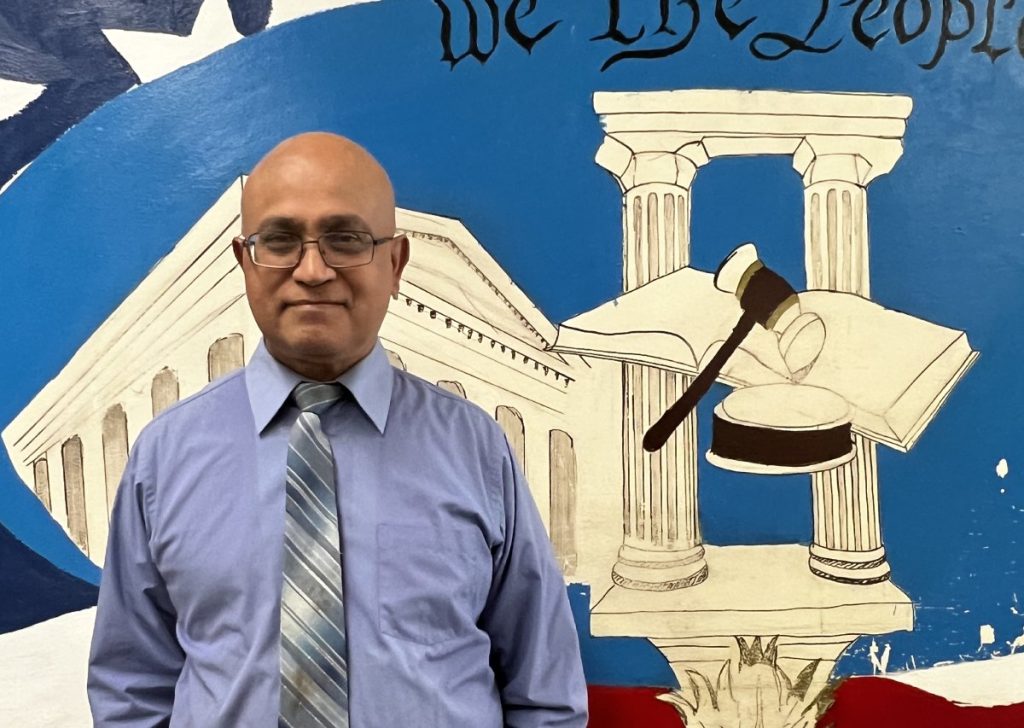Will there be early general elections in Guyana? Given that the official (PNC or APNU) opposition is in a state of disarray, badly divided, and AFC is on a re-building track, won’t early elections make sense? No, says leading members of the incumbent PPP.
General elections in Guyana are not constitutionally due until November of 2025. The constitution mandates an election within three months of the fifth anniversary of the first parliamentary gathering after the last election. The first parliamentary meet after the last general election was August 2020. This means elections are due by November 2025. But the country and the diaspora (chat groups) were abuzz with discussions and chattering since June of snap or early general elections, perhaps as early as December this year. The procedure for an election is the President consults with the election commission (Gecom) on a proposed date or time frame for an election. If Gecom feels an election can be held within the proposed timeframe, it so advises the President who then announces a date for the election. The President has the power to dissolve parliament and call elections anytime within five years after the last election.
An election is not possible this year as sources at Gecom said the commission was not approached about readiness for an election although the election body has been in continuous preparation mode for one. The body has learnt lessons from the no-confidence motion of December 2018 when it was not in a state of readiness for early elections. So it is constantly registering eligible voters and updating voting list on movement of voters from one address to another.
Generally speaking, preparation for an election takes about six months. But an announcement is generally made three months ahead of a planned election. With Gecom not consulted about preparation and readiness, an election this year is ruled out. And with December, January, February being a holiday period, elections thru March of 2025 are unlikely as politicians would not want to campaign while people are in a sporting mood and mode. Thus, the earliest timeframe for an election is March and the latest is November. The election can be anytime during that period. Surinam has elections in May and in Trinidad, elections are due by November 2025. Government won’t want to hold elections to conflict with either one.
Politically, it makes sense for the government to go for early elections. The government faces no threat from the opposition – separately or combined – and therefore likely to win comfortably. The PNC or APNU and the AFC indicated they would contest separately. A divided opposition will result in a shoo in for the PPP in any election as indeed happened in the 2023 local election. President Ali is way ahead of Norton in favorability rating as well as in popular support; the PPP will make gains against the PNC (APNU). However, a combined opposition will pose somewhat of a threat to the government. A combined opposition led by Nigel Hughes will pose a greater threat to the incumbent than one led by Aubrey Norton. Hughes has higher favorability ratings than Norton among the PNC traditional base. And Norton has no traction among Indian voters. In contrast, the Indian middle class, professional class, and the business class display support for Hughes. Thus, it will not be surprising if Hughes’s AFC’s outpolls Norton’s PNC in a general election in a three-way contest among the three parties. The PPP is way ahead against a divided opposition, assuring President Irfaan Ali a second term if indeed he is re-nominated by the ruling party. But an early election is still not being planned.
Vice President Jagdeo stated two weeks ago that elections will be held at the maximum time when due, meaning November. The government has many incomplete projects such as the Power Station, Berbice Oil Refinery, Demerara Bridge, Berbice Cricket Stadium, Berbice Hospitality Institute, roads, highways, more local upgraded bridges, hospitals, kokers, pump stations, etc. It would want to complete these projects for voters to be beneficiaries and reward the incumbent accordingly.
Thus, elections before March do not seem likely although it is beneficial for the PPP to call elections as early as possible to catch the opposition off guard and divided. By that time, and if the election is held around March or further delayed till November 2025, the AFC will have rebuilt considerably, posing a significant threat to the other two parties. Polling at that time will gauge the strength of the three parties and the minor parties in the fray.
